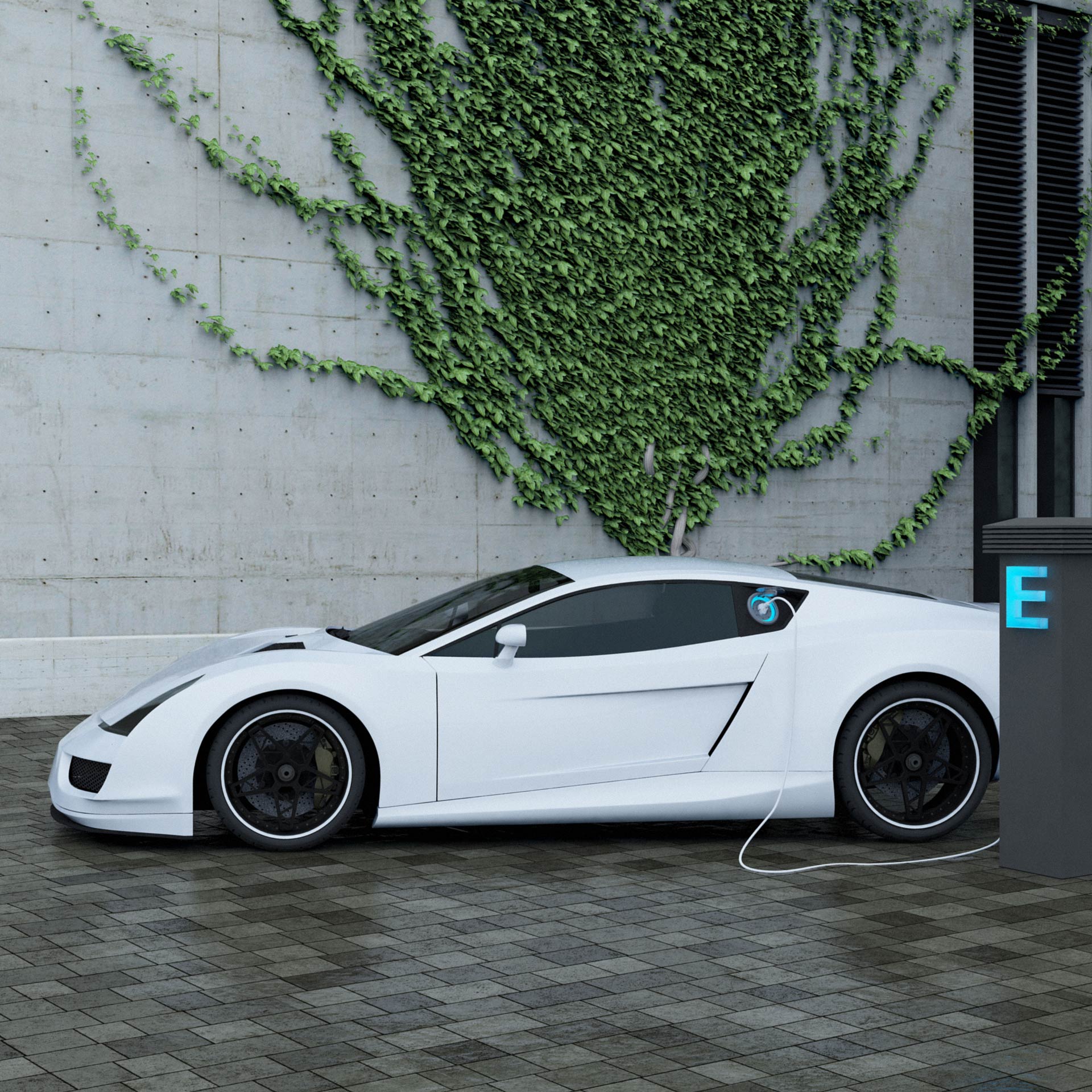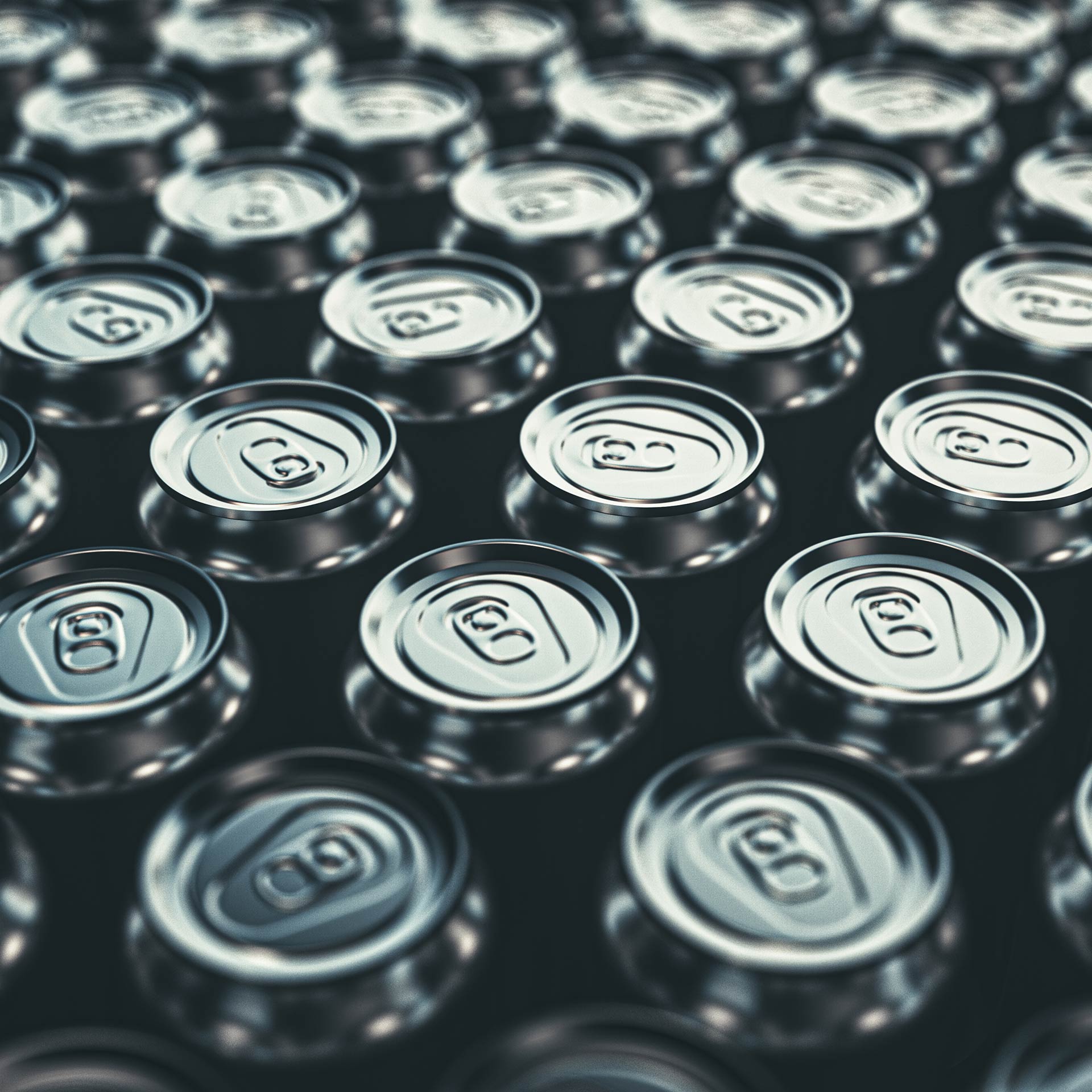The Solution to a Fuel Efficient Future
Aluminum in automobiles saves 44 million tons of CO2 emissions. It also has a 20% smaller life cycle CO2 footprint than steel.
Aluminum in automobiles saves 44 million tons of CO2 emissions. It also has a 20% smaller life cycle CO2 footprint than steel.
Aluminum is an ideal choice for building materials as it is very light, and its properties of corrosion resistance are unmatched.
Aluminum remains the metal of choice for a huge variety of projects, historically for its many beneficial properties. Whereas cost, ease of use and the physical attractiveness of the metal used to be the prime considerations, more and more its aluminum's sustainability, efficiency and near-infinite recyclability that make it the first choice in modern building.

When once electric cars seemed the stuff of science fiction, it's clear that the future—and indeed the present—of the automotive industry is powered by batteries.
Because of the changing requirements of car manufacturing, aluminum will play an ever-increasing role. When construction success relies on lightweight and corrosion-resistant materials, aluminum is the answer.
Projects that look to maximize fuel efficiency and in turn lower carbon emissions must turn to specialized parts. More and more, these parts are built of aluminum.
Aluminum is an environmentally friendly building material that's superior to steel and iron due to its ability to reflect the infrared (heat) rays of the sun. Structures built with aluminum exteriors naturally reflect light and remain cooler. Properly coated aluminum roofs can reflect up to 95% of the solar energy striking them, leading to significant energy savings.
The metal's 95% light-reflectivity also contributes to the improved energy production efficiency of solar cells. That's why aluminum is frequently used in the construction of new solar power systems.


Increasing attention is being paid to the safety and efficiency of our food production. Here, aluminum can also play a role due to its non-toxicity and supreme usability.
Aluminum foil has long been a staple in the kitchen thanks to its conductivity and ductility. And the proper use of foil significantly reduces food waste.
Aluminum use in packaging is a key factor in the safe increase of shelf life. In an increasingly disposable society, aluminum plays a role in the increase of food production and storage efficiency.
Perhaps aluminum's most popular success in the food space is in the use of beverage containers. Aluminum cans hold most of our favourite drinks, and their popularity is no surprise.
Lightweight cans are easy to stack, store, and transport. They chill quickly, protect flavour and freshness and are easy to label.
But most importantly, aluminum cans are infinitely recyclable and embody the ideal example of sustainability in the food packaging industry.
